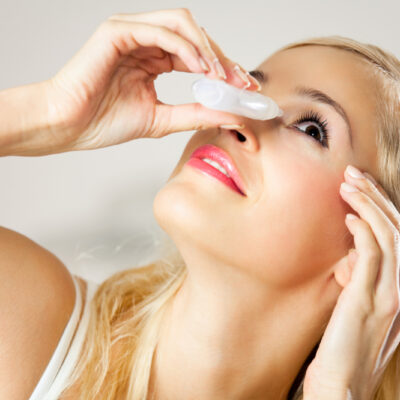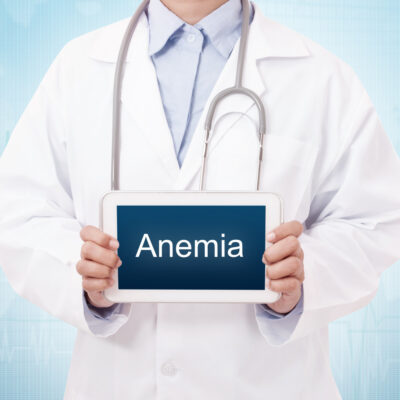
Health
6 Ways Weather Can Trigger Breathing Problems
A person’s breathing can easily be affected by changes in the weather. From the hot, dry climate of a desert to the moist, humid atmosphere of coastal regions, changes in weather bring about challenges for people with existing respiratory conditions, such as asthma or chronic obstructive pulmonary disease (COPD). The type and quality of air we take in can significantly affect our breathing. For example, at high altitudes (over 8000 feet), lower air pressure causes our lungs to take in more air than usual, leading to an increased need for oxygen intake. Here are six ways the weather can impact our breathing and exacerbate breathing issues 1. Dry air and low humidity When the air is dry, the humidity is low. According to doctors, asthma symptoms, particularly asthma attacks, can be triggered by cold, dry air. This is because low humidity causes the fluid in the bronchial tubes to evaporate, often irritating the airways. Additionally, we are more prone to dehydration when the air is dry and low in humidity, so make sure to always drink enough water 2. Sudden changes in barometric pressure This is also referred to as astronomical wind. An increase in barometric pressure (lower than usual) causes air to be pulled into the lungs.
Read More 















